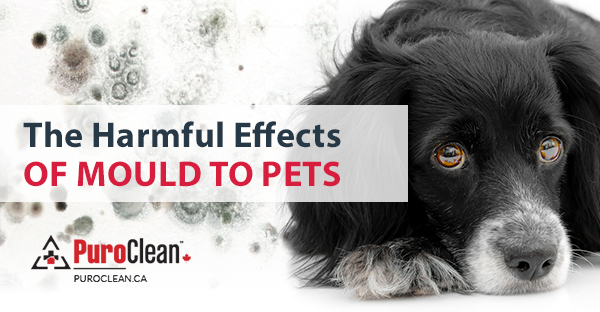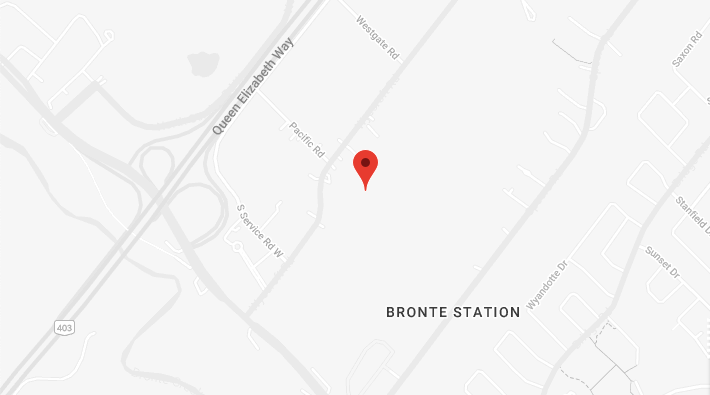The Harmful Effects of Mould to Pets
 Even though it is well known that mould is harmful to humans, not many people realize that toxic mould can also pose health risks to pets, such as cats and dogs. While only a handful of mould species are toxic to people and pets, the most common type – toxic black mould – can bring serious illnesses and even death to people and pets.
Even though it is well known that mould is harmful to humans, not many people realize that toxic mould can also pose health risks to pets, such as cats and dogs. While only a handful of mould species are toxic to people and pets, the most common type – toxic black mould – can bring serious illnesses and even death to people and pets.
Mould spores enter pets’ bodies by inhalation in areas where mould is present. In most cases, mould develops in damp, warm and dark places, usually after a flood occurred. It may be visible (on the exterior of walls), but it can also hide behind walls and underneath floors, where it’s difficult to detect or remove. If a home has experienced flooding, it is best to call in a mould remediation company to inspect and eliminate any traces of mould if there are any.
When exposed to mould, pets can exhibit symptoms such as:
- Respiratory difficulties and illnesses: wheezing, coughing and struggling to breathe
- Pulmonary hemorrhage
- Bleeding from the nose
- Scratching themselves in the absence of fleas; pets may develop sores or even bleed from excessive scratching
- Chewing on their extremities or at their skin, which can also develop sores or bleeding
- Excessive licking that can cause hair loss
- Extreme lethargy
- Runny nose
- Loss of appetite
- Allergic reactions such as sneezing, runny eyes and other symptoms that may also be caused by common allergens, not just mould
Mould can also contaminate pets by ingestion. Spoiled products such as cheese or sour cream may contain mould that releases poisonous chemicals, called mycotoxins. Pets that eat this poisoned food may exhibit muscle spasms or body tremors.
Tips to keep pets safe from mould:
- If mould growth is noticed in a home, the owner or a mould remediation specialist must do an inspection as soon as possible. Professional companies will make sure the job is done properly and in a timely fashion.
- Any household mould must be cleaned up immediately using a mix of water and detergent. However, for areas larger than 1 square meter, a professional mould remediation company should be contacted.
- The pets should be kept away from mouldy food and environments.
- The pet’s food should be stored in a sealed container to keep out moisture and mould growth.
- Pet beds and toys that can be washed in hot water, thus keeping mould and dust mites at bay, are recommended.
- Shampoos that fight allergies for pets can help.
- If the pet begins showing symptoms of toxic black mould poisoning (such as changes in the typical behavior, eating patterns and energy level), it must be taken to the vet immediately. The doctor must be informed that the pet might be affected by mould.
- If the owner has to delay a visit to the vet, the pet should be taken to a non-contaminated area to avoid further exposure to mould.
Household mould is a serious problem and must be treated immediately, as it can harm not only the pet, but the family, as well. PuroClean is ready to provide water damage remediation and mould cleanup services at all times.
Follow us on Twitter, Facebook, Google+ and LinkedIn to get our notifications!



